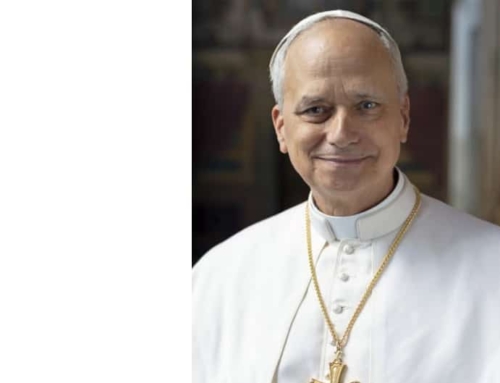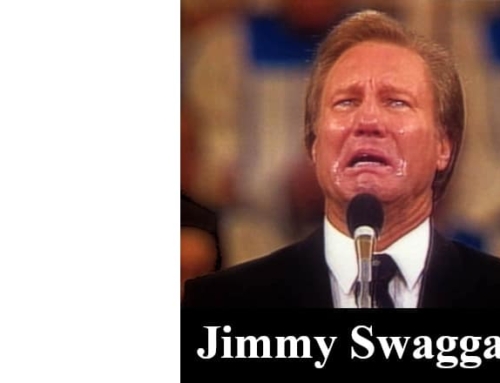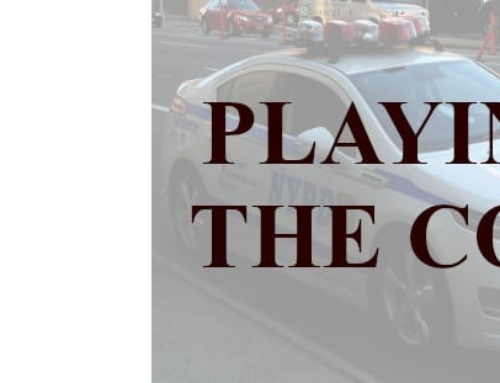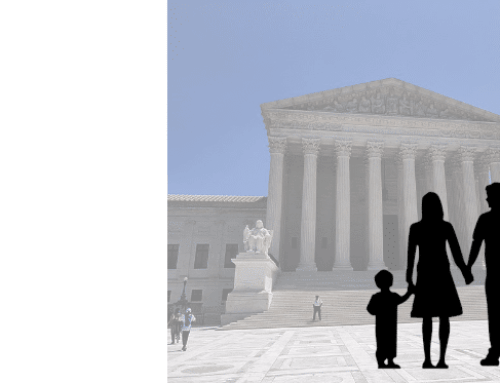A lawmaker from Suffolk County, Long Island is seeking to abridge religious speech. Here is Bill Donohue’s response.
April 6, 2022
Hon. Robert Trotta
Suffolk County Legislature
Chair, Ways and Means Committee
59 Landing Avenue
Smithtown, NY 11787
Dear Chairman Trotta:
I am writing to you, and to all the other members of the Ways and Means Committee, about an amendment to the Rules of the Legislature proposed by Bridget Fleming. She has proposed a resolution that would in effect neuter the heart and soul of invocations before the Legislature. The action she took is in response to an invocation given by Msgr. Robert Batule before this body just before Christmas. Full disclosure: He is on the board of directors of the Catholic League.
Msgr. Batule offered a Christian prayer on December 21, wherein he included a prayer for unborn children. He had every constitutional and moral right to do so. Moreover, what he did can hardly be considered novel: it is done all the time. The clergy of all faiths have a tradition of making specific references to various segments of the population and to various issues.
I am the author of two books on the ACLU, and I have also taught First Amendment law to graduate students. Trust me—what Fleming gave as reasons for her resolution are constitutionally flawed. I am referring to Resolution No. 1004-2022, presented on January 3, 2022.
The establishment clause of the First Amendment was not written to guarantee “pluralism among religions in governmental speech and practice.” Madison made it clear that it was written to prohibit the establishment of a national church and to bar favoritism of one religion over another. Moreover, no future court decision buttresses her point.
Fleming cites the Supreme Court decision in Marsh v. Chambers as supportive of her position. In fact, it undercuts her stance. She writes that the purpose of this ruling “is to acknowledge widely held religious beliefs, not to advance one particular religious perspective, nor coerce or compel any particular religious doctrine.” She then implies that Msgr. Batule’s invocation violated “the United States Constitution and is therefore impermissible.”
In point of fact, the ruling in the 1983 Marsh decision, as written for the majority by Chief Justice Warren Burger, struck down a lower court ruling that improperly invoked the establishment clause. He wrote that opening official deliberations with a prayer “is deeply embedded in the history and tradition of the country.” Most important, nothing the court said came close to saying anything about tailoring an invocation in such a way that it does not “advance one particular religious perspective.”
A more pointed decision by the Supreme Court was not mentioned by Fleming. In the 2014 Town of Greece, NY v. Galloway, the high court took up objections by two persons who were offended by the Christian themes of prayer invocations. The words “Lord,” “Jesus,” and “God” were frequently used by Christian ministers before town meetings.
The Supreme Court said such prayers did not violate the Constitution. At the very outset, the high court rejected the contention that a prayer’s content determined its constitutionality. If it were otherwise, it ruled, courts would be converted into “supervisors and censors” of religious speech, something which itself would violate the First Amendment.
Make no mistake, what Fleming is proposing is exactly what Justice Anthony Kennedy and the majority of Justices said was unconstitutional. Her “remedy” is to require that all prayer invocations “shall maintain neutrality regarding personal beliefs unrelated to the body’s legislative function….”
The idea of a “neutral” prayer is an oxymoron. Prayers are never neutral—they are always normative, and they frequently reflect the personal beliefs of the prayer giver. Most significant, if government personnel were to sit in judgment determining whether a prayer were neutral, they would become the “supervisors and censors” that the Supreme Court clearly rejected.
Fleming’s problem is not simply a misreading of the establishment clause, or a failure to cite Town of Greece: it is her inattention to the other First Amendment provision, namely the religious liberty clause. It ensures freedom of religious expression, the kind that Msgr. Batule exercised. It cannot be said too strongly—the content of his prayer is none of the state’s business. In fact, it reflects his freedom of speech as much as it does his freedom of religion.
It would be in the best interest of everyone for this resolution to be withdrawn. If Fleming persists, rest assured that we are prepared to take this issue to the next level.
Thank you for your consideration.
Sincerely,
William A. Donohue, Ph.D.
President
Contact Chairman Trotta: Robert.Trotta@suffolkcountyny.gov







